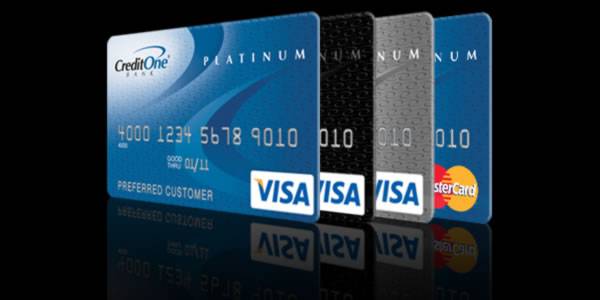

Visa credit card hack 2013 software#
It said he installed malicious software that enabled him and others to execute commands to delete, change or steal data. Attorney's Office in Manhattan announced two other indictments against Kalinin, one charging he hacked servers used by Nasdaq from November 2008 through October 2010. Kalinin and Drinkman were previously charged in New Jersey as "Hacker 1" and "Hacker 2" in a 2009 indictment charging Gonzalez, 32, in connection with five breaches-including one on Heartland Payment Systems. Drinkman is awaiting an extradition hearing in the Netherlands.Īsked if he believed the other three are still in Russia, Fishman said: "I'm not going to say where I believe they are, we just know they're not in our custody." Smilianets was extradited last September and is expected to appear in New Jersey Federal court next week. authorities on June 28, 2012, while traveling in the Netherlands. ( Read more: Internet criminals now targeting smaller companies)ĭrinkman and Smilianets were arrested at the request of U.S. history, helping steal millions of credit and debit cards. He is serving 20 years in federal prison after pleading guilty to helping mastermind one of the biggest hacking fraud schemes in U.S. The indictment also cited Albert Gonzalez as a co-conspirator. "Those who have the expertise and the inclination to break into our computer networks threaten our economic well-being, our privacy and our national security." "This type of crime is the cutting edge," said U.S. They sold the payment card numbers to resellers, who then sold them on online forums or to "cashers" who encode the numbers onto blank plastic cards. The five concealed their efforts by disabling anti-virus software on victims computers and storing data on multiple hacking platforms, prosecutors said. ( Read More: Hacking in: Experts to test smartphone anti-theft features)

cards, $15 for ones from Canada and $50 for European cards, which are more expensive because they have computer chips that make them more secure.

Russian Dmitriy Smilianets, 29, is accused of selling the stolen data and distributing the profits. They allegedly hid their activities using anonymous web-hosting services provided by Mikhail Rytikov, 26, of Ukraine. Authorities in New Jersey charged that each of the defendants had specialized tasks: Russians Vladimir Drinkman, 32, and Alexandr Kalinin, 26, hacked into networks, while Roman Kotov, 32, mined them for data.


 0 kommentar(er)
0 kommentar(er)
